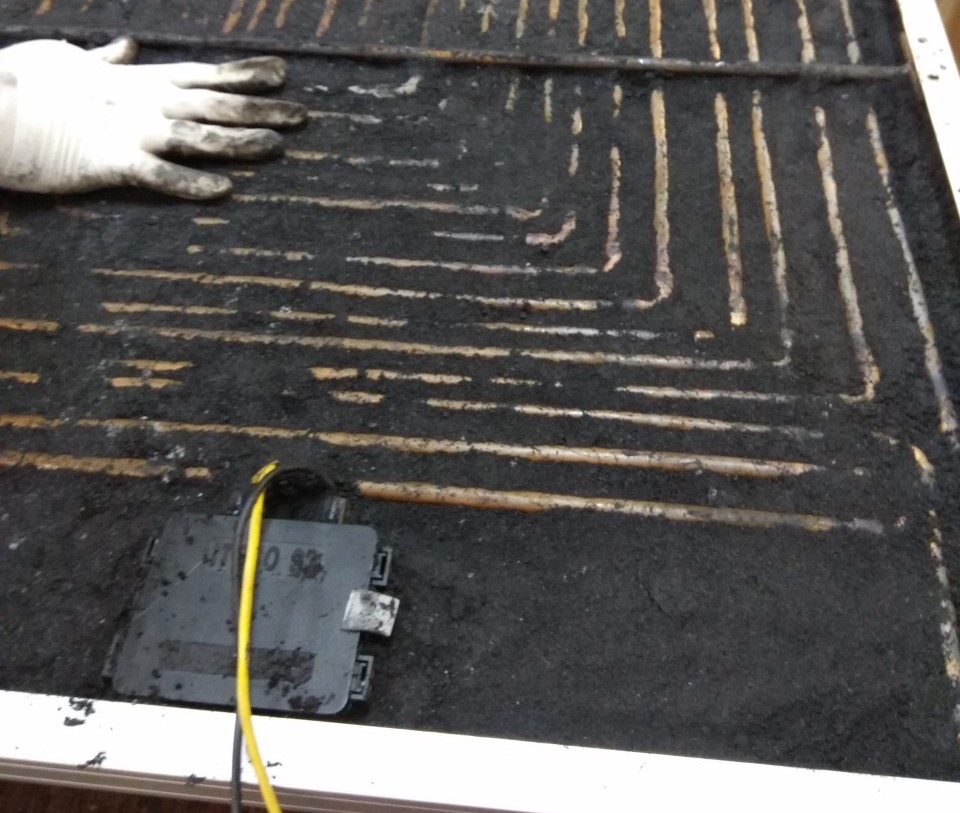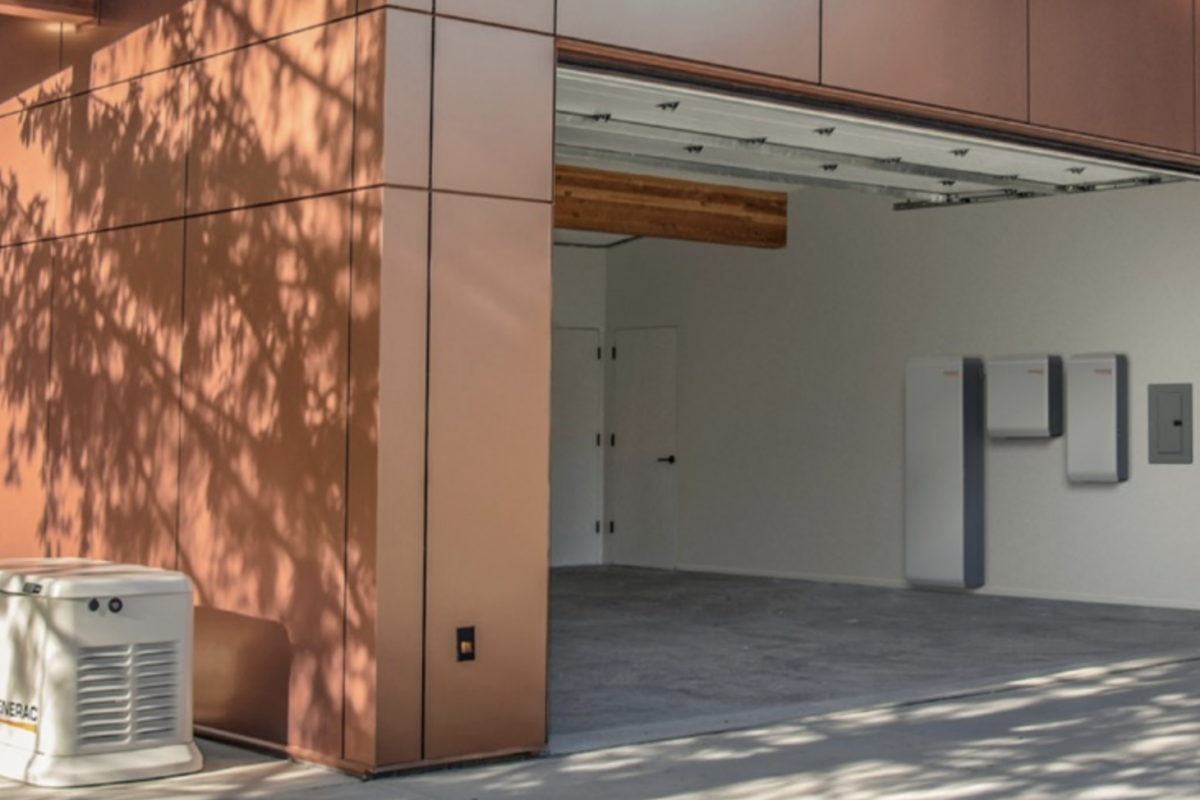Scientists led by the Indian Institute of Technology Guwahati have developed a photovoltaic-thermal (PV) module that can reportedly achieve an overall efficiency of 79.6%.
“The water-based system generates hot water with sufficient temperature to be utilized for domestic usage,” researcher Dudul Das told pv magazine. “The average electrical and thermal efficiency of the PVT system with novel form-stable thermal energy storage material is reported to be 13 % and 66.6 %, respectively.”
The researchers built the system with a 100 W solar panel provided by India's Central Electronics, an absorber with a rectangular spiral configuration using copper tubes with a diameter of 7.9 mm, and a PCM based on biochar derived from water hyacinth, which is an aquatic weed available across Southeast Asia and South America, for the cooling system.
They attached the tube assembly to the back surface of the PV panel using an epoxy adhesive with thermal conductivity of 0.14 W per millikelvin (mK).
“After fixing the tube assembly onto the PV surface, a 10 mm thick layer of PCM-biochar composite is inserted,” the scientists explained. “The composite is inserted from a corner and diagonally filled up.”
They then insulated the panel with a layer of polyethylene foam sheet and installed a plexiglass back cover to protect the system from moisture, dust and wind. They used a field emission-scanning electron microscope to analyze surface morphologies, X-ray powder diffraction (XRD) to assess crystallinity and phase change identification, and a thermal conductivity meter to evaluate the thermal conductivity of the composite material.
The panel showed better thermal efficiency when tested under outdoor conditions with a tilt angle of 26 degrees.
“The application of the form-stable PCM-biochar composite has successfully regulated the thermal output of the PVT system,” the academics said. “The thermal efficiency even after the solar radiation drops, remains closer to 50%, whereas, without PCM, it drops to 38%.”
They found that the panel's thermal efficiency varied from 60.3% to a maximum of 71.2%, while its electrical output was 18.4% higher than a reference PV panel without the thermal unit.
“The thermal conductivity of the PCM is enhanced up to 1.55 times with the addition of water hyacinth biochar as a supporting matrix,” the scientists said. “The addition of aluminum metal powder further increases the thermal conductivity by 1.66 times higher than that of PCM alone.”
The research group originally presented the system in “Performance investigation of a rectangular spiral flow PV/T collector with a novel form-stable composite material,” which was published in Applied Thermal Engineering in January 2021.
“An interesting information the work has put forward is that the difference in electrical output between PVT system with PCM bio-composite and PV during the peak sunshine hours of the day can be as large as 18 W,” Das concluded, adding that the simplified economic analysis of the system shows that its internal rate of return is 28%, with a levelized cost of energy of $0.05/kWh.
This content is protected by copyright and may not be reused. If you want to cooperate with us and would like to reuse some of our content, please contact: editors@pv-magazine.com.




W/(m. K) =>WATT PER (METER. KELVIN)
Cool. I understand the increased thermal efficiency, but shouldn’t the electrical efficiency be less because of the heat? I think I am missing something…
@paul.
The PV is heated up by the sun. So by utilising the heat and removing it from the solar panel you are actually keeping the panel at a lower temperature which is what PV likes. So it will actually keep the output high